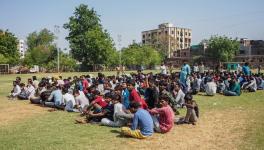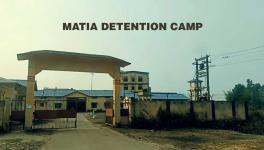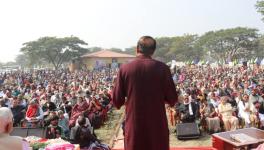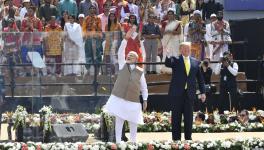Post the Rohingya Return Agreement, Myanmar Army Destroyed Rohingya Villages: HRW
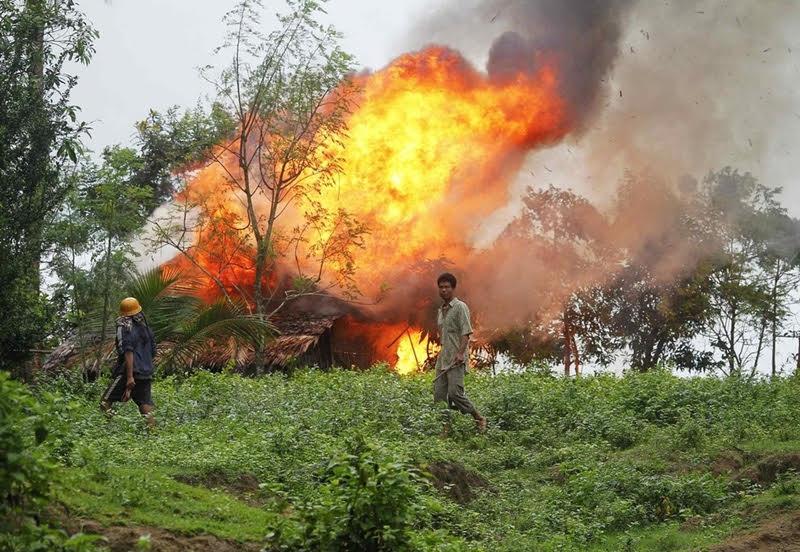
Image Courtesy: Free Press Journal
The Human Rights Watch (HRW) on Monday reported the burning of 40 additional Rohingya villages in Myanmar in a military campaign. According the rights group, on November 25, ‘satellite data detected an active fire and building destruction’ in Myo Mi Chang village in Rakhine State’s Maungdaw Township.
In a statement, HRW said that some of the cases detected occurred the same week that the governments of Bangladesh and Myanmar signed a memorandum on November 23, to begin the repatriation of the hundreds of thousands of refugees who have crossed the border.
The HRW used satellite images to identify the new incidents, recorded between October and November, raising the total number of villages completely or partially razed to 354 since the beginning of the military offensive on August 25, reported Efe news.
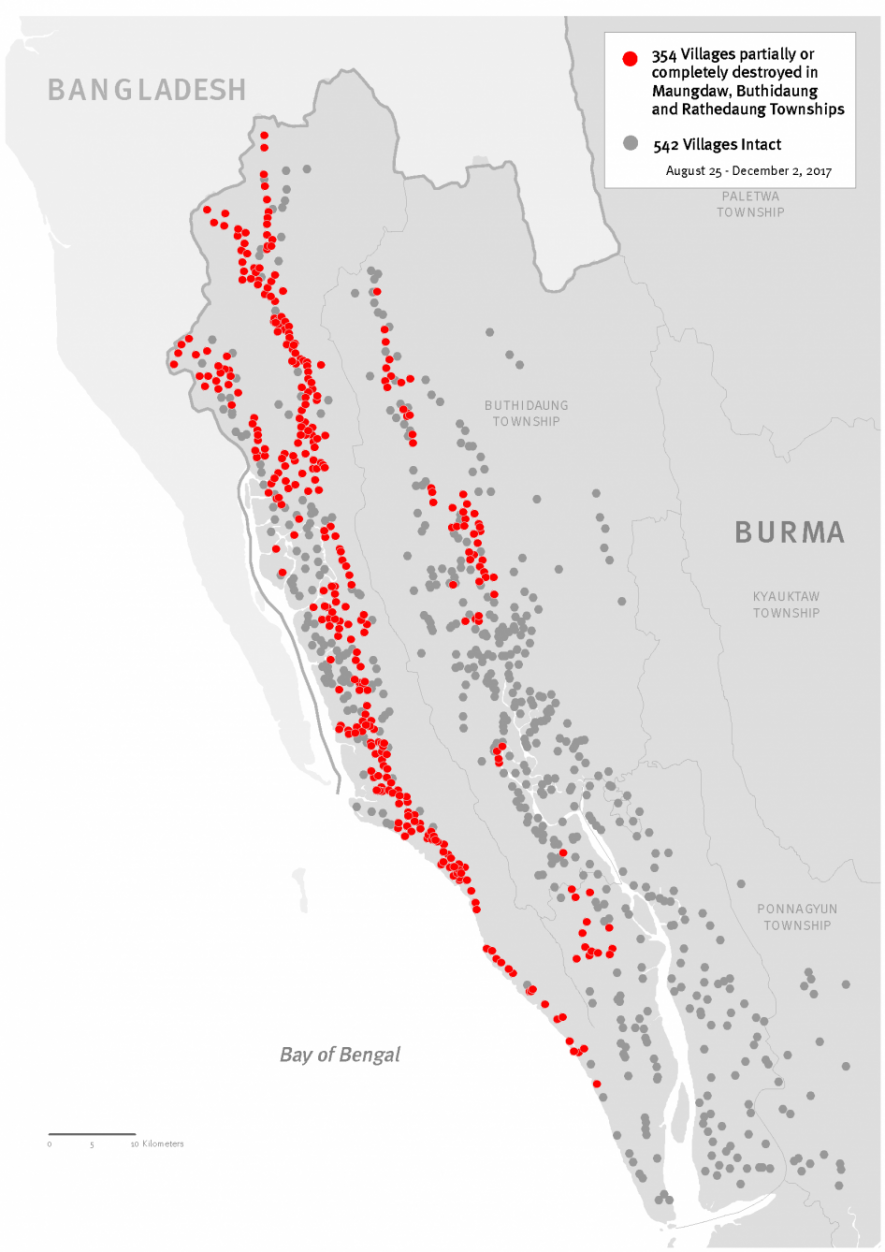
HRW Asia director, Brad Adams, said the continued destruction of Rohingya villages shows that the commitment signed to ensure the safe return of refugees is merely a public relations stunt.
"The satellite imagery shows what the Myanmar Army denies: that Rohingya villages continue to be destroyed. The Myanmar government pledges to ensure the safety of returning Rohingya cannot be taken seriously," said Adams.
The organisation accused the Myanmar Army of committing murders and rapes, among other abuses, during the military operation that began after several armed assaults by a poorly armed Rohingya insurgent group against security forces, which left 11 Myanmar security personnel dead.
Last week, international NGO Doctors Without Borders (MSF) had reported that at least 6,700 Rohingya have died since August as a result of the violence. The survey also stated that around 730 children, below five years of age, were killed by the Myanmar Army.
On August 25, 2017, a ‘clearance operation’ launched by Myanmar’s Army in response to an attack by a Rohingya militant group led to the massive violence in the Rakhine State. The military operation, which many including the UN called an ‘ethnic cleansing’, led to a mass displacement of Rohingya civilians into Bangladesh.
MSF had earlier noted that considering the unsafe environment for Rohingya refugees in Rakhine region, the agreement for their return signed between Bangladesh and Myanmar is premature.
Myanmar does not recognise Rohingyas as citizens, consider them illegal Bangladeshi immigrants and subjects them to acute discrimination including imposing restrictions on freedom of movement.
(with inputs from IANS)
Get the latest reports & analysis with people's perspective on Protests, movements & deep analytical videos, discussions of the current affairs in your Telegram app. Subscribe to NewsClick's Telegram channel & get Real-Time updates on stories, as they get published on our website.









